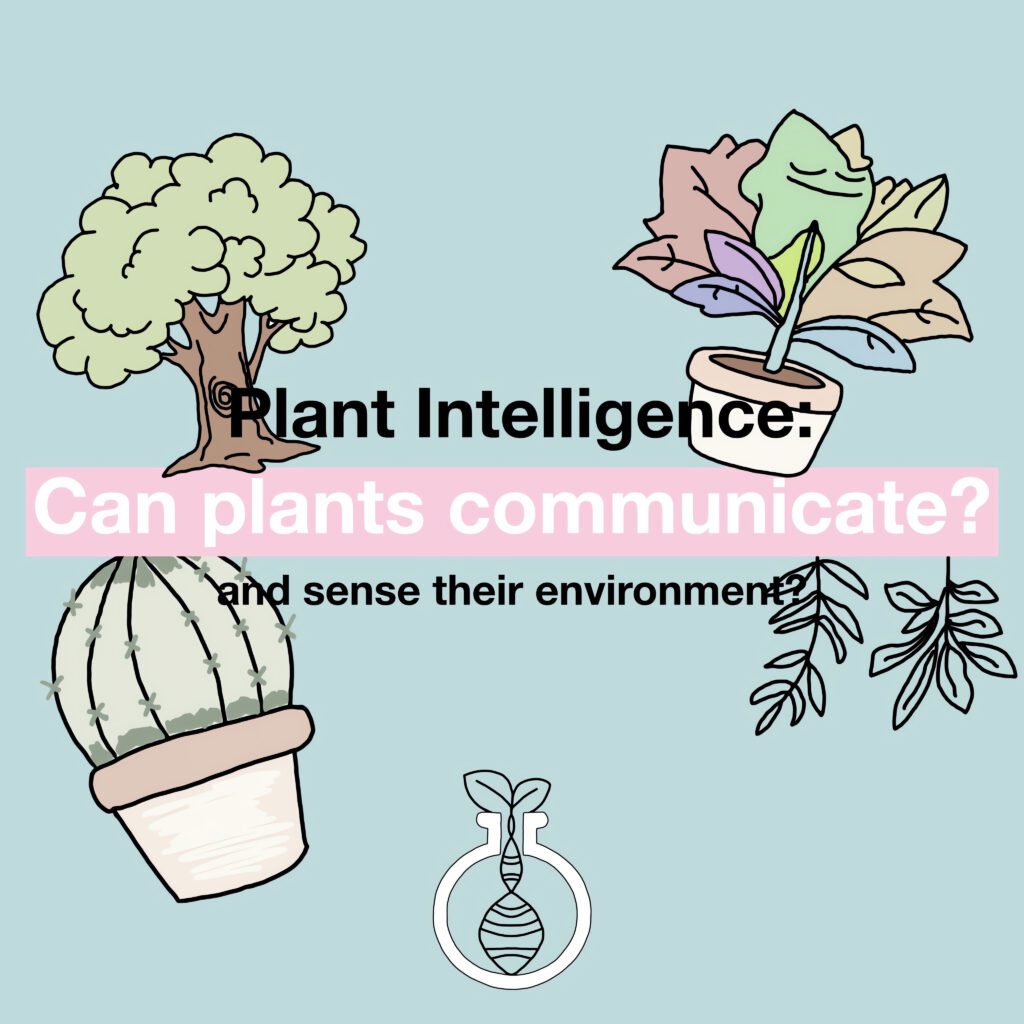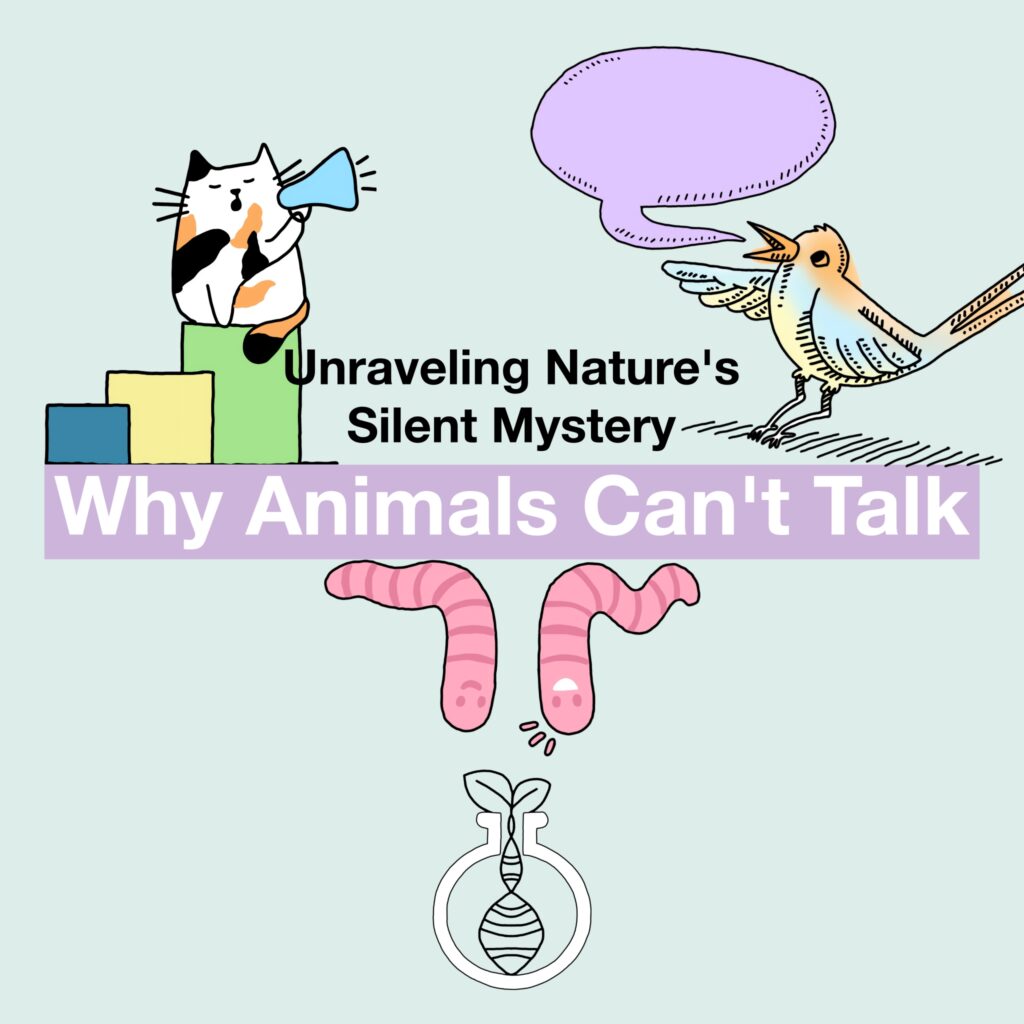When you think of intelligence, what comes to mind? Maybe complex problem-solving or the ability to express emotions? Now, imagine this—plants, those seemingly silent and stationary beings, could possess their own form of intelligence. Yes, you read that right! Science is beginning to unravel the mysteries of plant behaviour, revealing a world where plants can communicate, sense their environment, and respond in ways that might just surprise you.
The Silent Language of Plants
Plants don’t have vocal cords, but that doesn’t mean they’re silent. In fact, plants engage in a fascinating form of communication through chemical signals. Imagine a forest where trees “talk” to each other using underground networks of fungi, often called the “Wood Wide Web.” This network allows trees to share nutrients, warn each other of pests, and even support weaker neighbours. It’s like a secret society of green giants working together to survive.
One striking example is how acacia trees in Africa send out distress signals when grazed by herbivores. These signals cause nearby acacias to ramp up production of toxic tannins, making their leaves less palatable. It’s like the plant version of shouting “danger ahead!” to protect their kin.

Sensing and Responding to Their Environment
Plants don’t have eyes, ears, or noses, but they are incredibly sensitive to their surroundings. They can “see” light, “smell” chemicals, and “feel” the touch of insects. Think of the Venus flytrap, a plant that “knows” when to snap shut on an unsuspecting insect. It’s not just a reflex; it’s a calculated move based on the plant’s sensory input.
Plants also show a remarkable ability to remember and adapt. In one experiment, scientists found that mimosa plants could learn to ignore repeated stimuli that posed no threat. Over time, the plants stopped closing their leaves when gently dropped, showing a form of learning and memory previously thought to be exclusive to animals.
Do Plants Feel Pain?
This brings us to a controversial question—can plants feel pain? While plants don’t have a nervous system like animals, they do produce stress hormones and send electrical signals when damaged. Some researchers suggest that this could be a plant’s way of “feeling” harm, although it’s different from how animals experience pain. Instead of wincing or crying, plants might increase their defences, producing bitter chemicals or toughening their leaves to deter further damage.

The Plant Intelligence
Understanding plant intelligence challenges our traditional views of what it means to be “intelligent.” If plants can learn, remember, and communicate, does this mean they have a form of consciousness? While we may not have all the answers yet, these discoveries push us to rethink our relationship with the plant kingdom. They’re not just passive organisms, but active participants in the dance of life, constantly interacting with their environment in ways that are both subtle and profound.
Conclusion: Rethinking the Green World
As we continue to explore the wonders of plant intelligence, one thing becomes clear: plants are far more complex than we ever imagined. They might not speak our language, but in their own silent, green way, they communicate, sense, and adapt to the world around them. The next time you walk through a garden or forest, take a moment to appreciate the intricate lives of the plants around you. They might just be more like us than we ever thought.
We recommend you to read our article on Plants Without Soil to learn more about the fascinating world of plants!


My name is Ali Emre Cabadak, a dedicated biology enthusiast currently pursuing my studies at Marmara University, where I am majoring in Bioengineering. As a passionate advocate for scientific discovery and innovation, I am the founder of Biologyto. My goal is to bring the wonders of biology closer to everyone and inspire a new generation of thinkers and innovators. Through Biologyto, I aim to write scientific articles that delve into the fascinating world of biology, sharing insights and discoveries that inspire curiosity and innovation.





